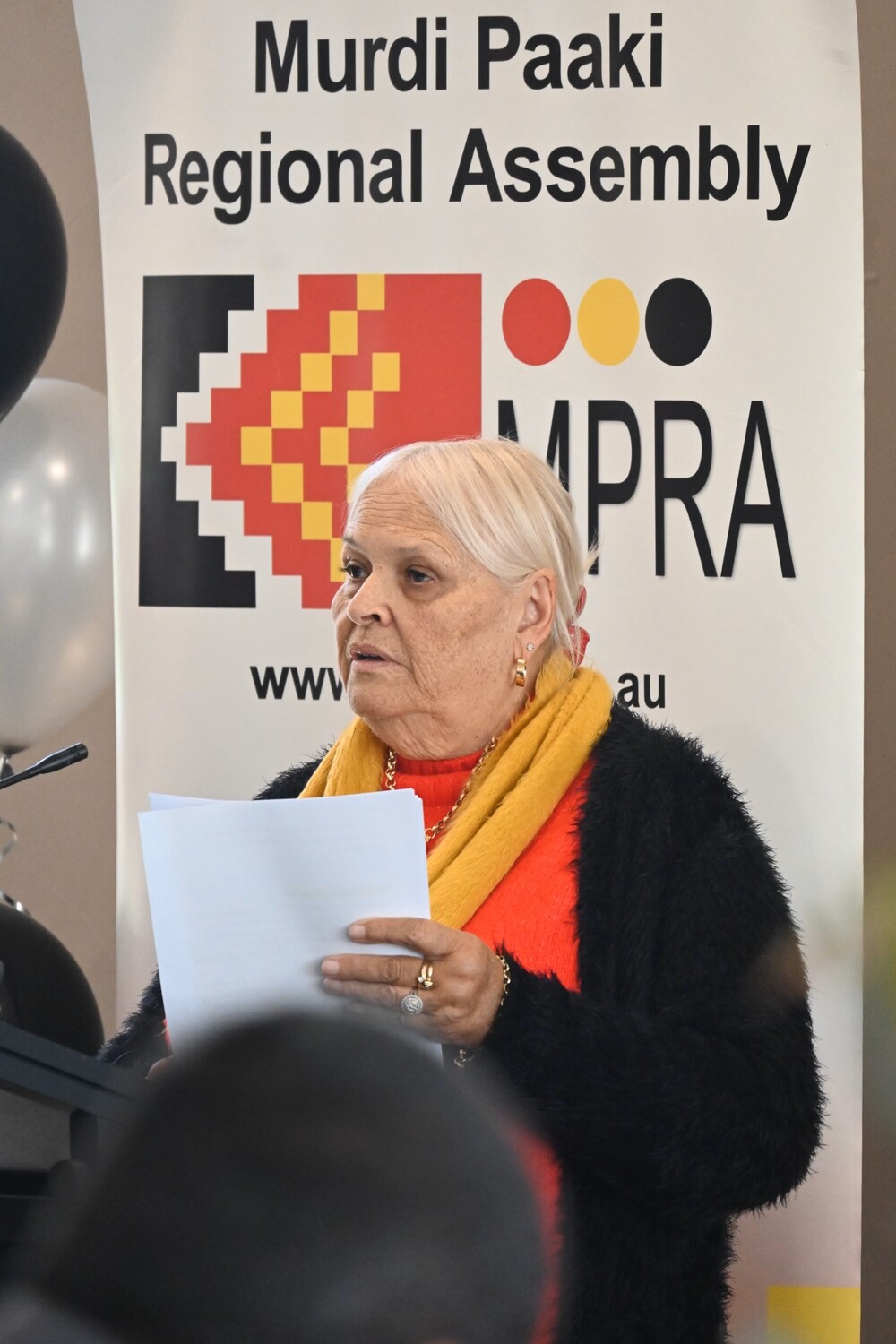Peak body celebrates 20 years of growing community governance
Coonamble Times
07 July 2024, 3:40 AM
 Left to right: William “Smiley” Johnstone (RAHLA Programme Director), Grace Gordon (MPRA Independent Chairperson), Fay Johnstone (Ivanhoe CWP Chairperson) and Olive “Pam” Handy (Wentworth/Dareton CWP Chairperson).
Left to right: William “Smiley” Johnstone (RAHLA Programme Director), Grace Gordon (MPRA Independent Chairperson), Fay Johnstone (Ivanhoe CWP Chairperson) and Olive “Pam” Handy (Wentworth/Dareton CWP Chairperson).The Murdi Paaki Regional Assembly (MPRA) celebrated their 20-year milestone on Thursday 20 June at the Cobar Bowling & Golf Club.
Forty-five people from various Community Working Parties (CWP), as well as members of the government, community, shire and various NGOs gathered for the event.
“We had Bourke Mayor Barry Hollman, Cobar Shire General Manager Peter Vlatko, the Deputy Secretary for Regional Health Luke Sloane and representatives from the University of New England among others,” a Murdi Paaki spokesperson said.
Coonamble's CWP Chairperson Teresa Stanford was unable to attend the event.
The Murdi Paaki Regional Assembly was established in 2004 to facilitate collaboration between the region’s Aboriginal communities through its Community Working Parties (CWPs).
Their role has grown to become a representative regional voice participating in decision-making and assisting in implementing government policy.
The peak body encompasses 16 communities, including Bourke, Brewarrina, Broken Hill, Cobar, Collarenebri, Coonamble, Enngonia, Goodooga, Gulargambone, Ivanhoe, Lightning Ridge, Menindee, Walgett, Weilmoringle, Wentworth/Dareton, Wilcannia.

MPRA Chairperson Grace Gordon. IMAGE SUPPLIED.
Assembly delegates and CWP members are not paid for their governance work and their roles representing the community.
The MPRA helps organise projects to benefit the Aboriginal and Torres Strait Islander communities in these areas.
The Regional Aboriginal Housing and Leadership Assembly (RAHLA) which is a partnership between MPRA and the NSW government.
RAHLA helped create the Alternative Energy Project which installed solar panels on 633 homes across 23 communities and drafted housing and environmental health plans.
As one of their proudest achievements, MPRA listed the Murdi Paaki Services Limited (MPSL) which was created in 2016 to ensure that the different regions have equal access to funding.
"We need organisations like the MPRA to make people accountable for Aboriginal funds that are filtered through out community," Coonamble CWP member Teresa Standford said.
“In a political sphere where change is the only constant, the Murdi Paaki governance model has been a beacon of stability for 20 years,” Grace Gordon, MPRA chair said.
“The Murdi Paaki model has evolved over twenty years into a mature, stable network for governance and representation of First Nations people across large areas of New South Wales.”
The Murdi Paaki Regional Assembly has also built a partnership with the University of New England (UNE) to help Aboriginal people in their area to receive tertiary education.
TRACKS is a free program that helps Indigenous students who did not complete Year 12 to gain credentials that make it possible for them to enrol in higher education.
Ms Gordan said that in the next 20 years Murdi Paaki hopes to continue to develop an equal partnership with the government.



